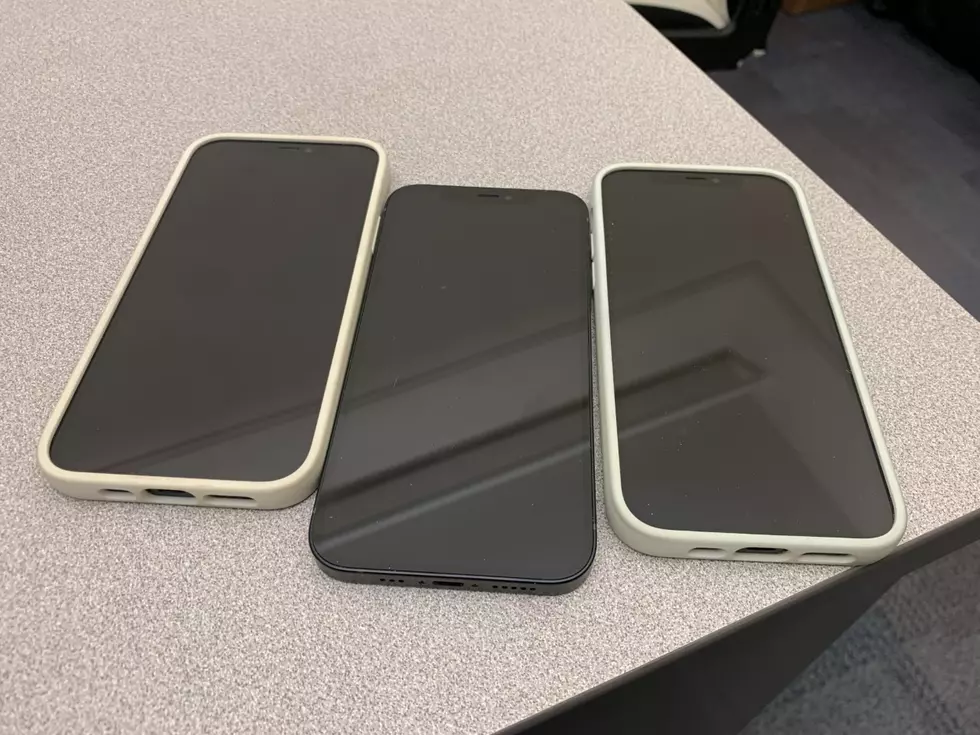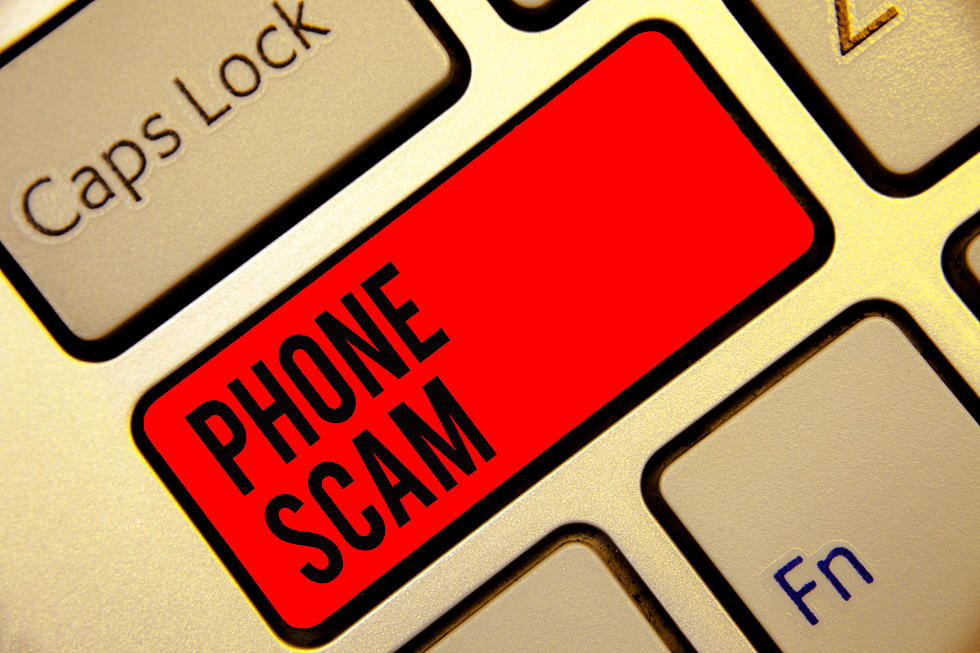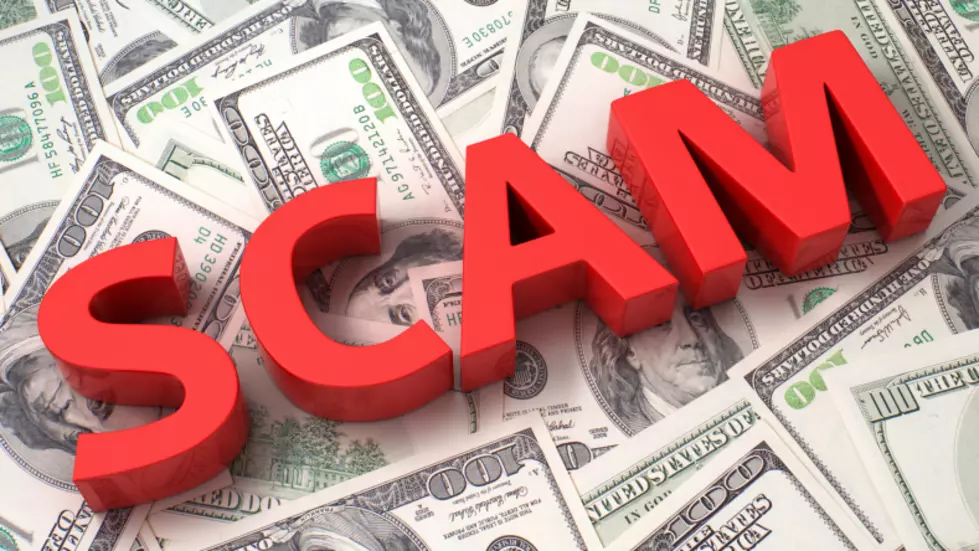
Consumer Alert On Phone Scams
Unfortunately during the holiday season it's not all pretty lights and delicious cookies. Crime is on the rise and those grinchy crooks are after your holiday cheer!
Attorney General Eric T. Schneiderman issued a consumer alert this week following a recent surge in reports of phone scammers posing as officials from the Internal Revenue Service and the Attorney General’s Office.
“With the holiday season rapidly approaching, the last thing families need is to be scammed out of their hard-earned money,” said Attorney General Schneiderman. “It is shameful that scam artists target people with bogus threats and scare tactics, but following a few basic tips can help you fight back and stay safe.”
The Attorney General stated that there are five common scams to be on the look out for. The IRS/Tax Collection Scam, the Grandparent Scam, the Jury Duty Scam, the Lottery Scam and the Utility Scam. Each one of the scams aim to catch consumers off guard, put them in emergent, desperate situations and seek to steal valuable personal information. Some even trick you into sending money via western union. The scams are happening to thousands every day so it's important to be alert. Here are some helpful tips directly from the Attorney Generals Office on how to avoid phone scams.
New York States Attorney Generals Office: Tips To Avoid Falling Victim
Think Of The Telephone As A “One Way Street”
It’s okay to give out information over the phone if you made the call to a number you know and trust (such as your own bank). However, never give out personal information when you receive an unsolicited call. If you receive a call soliciting personal information, just hang up the phone, no matter what the caller ID says. If the caller says he’s from your bank and is checking on possible unauthorized withdrawals from your account, hang up the phone and then call your bank. If it was your bank that was trying to call, then it will be happy to confirm the call and will often provide requests to you in writing. If your bank says it wasn’t trying to reach you, that means the caller you hung up on was a scammer.
Beware If A Caller Ask To Keep A Conversation A Secret
A legitimate caller will never request that a conversation remain a secret, and you should immediately be suspicious. Whether the caller claims to be from the government, a bank, or a family member, requests for confidentiality should raise a red flag.
Just Say No!
You don’t have to be polite when you receive unsolicited phone calls. The safest thing to do is to say “no” and hang up. Legitimate callers will typically also provide requests in writing. It is better to be guarded than to fall victim.
Remember the old adage: “If it sounds too good to be true, it probably is.” Be wary of any offers or deals that sound too good to be true, as they likely are too good to be true.
Consumers are encouraged to file complaints by visiting the Office’s website or calling 1-800-771-7755.
More From WRRV-WRRB









